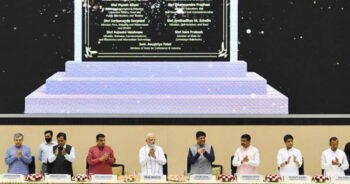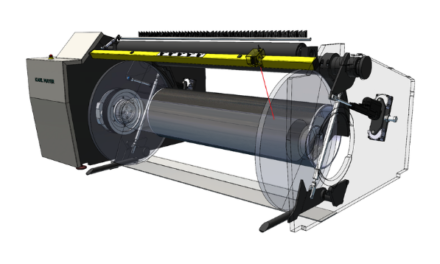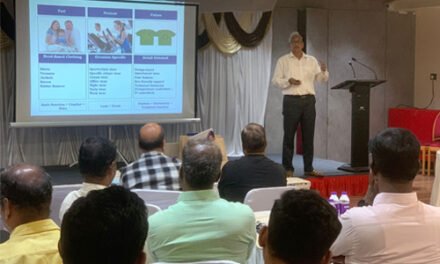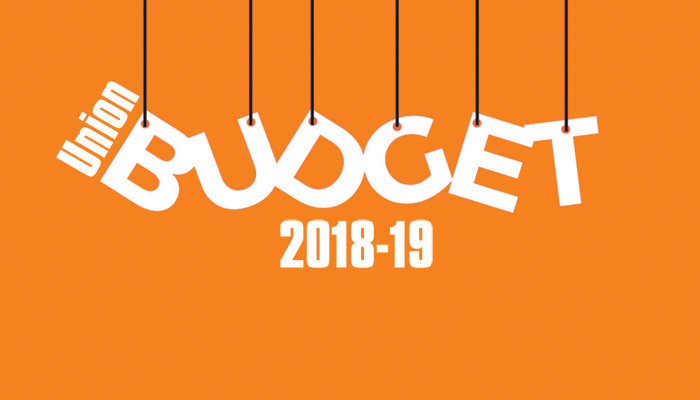 Launching the National Logistics Policy (NLP) recently, Prime Minister Narendra Modi said the PM Gatishakti National Master Plan will support the policy in all earnest. The policy is part of concerted efforts to ensure quick last mile delivery, end transport-related challenges, save time and cost of manufacturers, prevent wastage of agro-products, he said. As the notion of India emerging as a manufacturing hub is stabilising in minds across the world, the policy will introduce new energy to all sectors, he said.
Launching the National Logistics Policy (NLP) recently, Prime Minister Narendra Modi said the PM Gatishakti National Master Plan will support the policy in all earnest. The policy is part of concerted efforts to ensure quick last mile delivery, end transport-related challenges, save time and cost of manufacturers, prevent wastage of agro-products, he said. As the notion of India emerging as a manufacturing hub is stabilising in minds across the world, the policy will introduce new energy to all sectors, he said.
Schemes like Sagarmala and Bharatmala expedited the work of dedicated freight corridors to improve logistics connectivity for systematic infrastructure development, he reiterated. The total capacity of Indian ports has significantly increased and the average turnaround time of container vessels has come down from 44 hours to 26 hours, he pointed out.
Forty air cargo terminals have been constructed for exports, 30 airports have been provided cold-storage facilities and 35 multimodal hubs are coming up in the country, he said. A change in the drone policy and connecting it with the production-linked incentive scheme (PLI) scheme is promoting the use of drones in the logistics sector, he said.
“From 13-14 percent logistics cost, we should all aim to bring it to single-digit as soon as possible. This, in a way, is a low-hanging fruit, if we have to become globally competitive”, the Prime Minister was quoted as saying in an official release.
The Unified Logistics Interface Platform (ULIP) will bring all the digital services related to the transportation sector into a single portal, freeing the exporters from a host of very long and cumbersome processes, he said.
Similarly, a new digital platform—eases of logistics services or E-Logs—has also been started under the new policy. “Through this portal, industry associations can directly take up any such matters which are causing problems in their operations and performance with the government agencies. A complete system has also been put in place for the speedy resolution of such cases”, he said. The policy has immense potential to develop infrastructure, expand business and raise employment opportunities, he added.
The need for a national logistics policy was felt as the logistics cost in India is high as compared to other developed economies.










